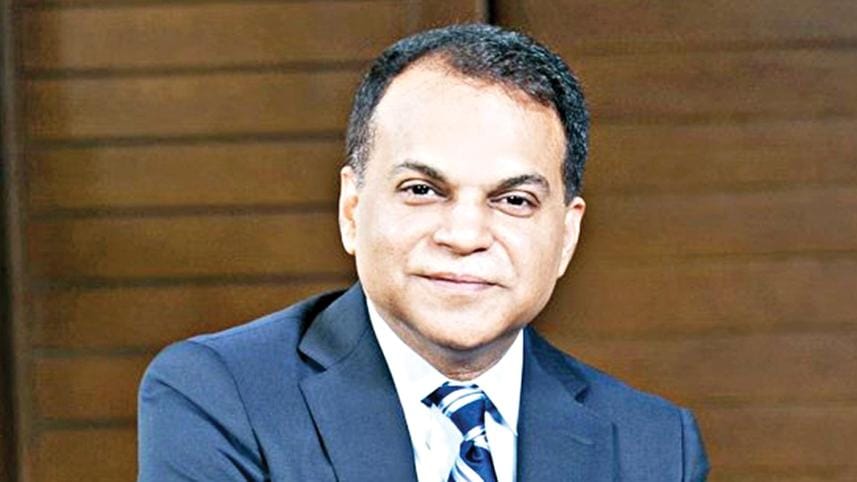Bangladesh must turn to global equity for infrastructure

Bangladesh must rethink how it finances its infrastructure. The current system is too weak to bear the weight of an aspiring middle-income nation. Highways, ports, power grids, water systems, health facilities, education, digital networks, business districts and technology hubs all demand massive investment if the country is to become a developed economy.
For decades, Bangladesh has relied almost entirely on foreign debt. That approach delivered progress but at a high cost. The Finance Division projects that external debt servicing alone will consume nearly a quarter of government revenue by the end of this decade. The economy is still recovering from repayment pressure, and the recent stability in foreign reserves owes more to reduced imports than to genuine resilience.
Globally, infrastructure has become one of the most attractive destinations for long-term capital. Pension funds, insurance firms, sovereign wealth funds and private equity managers now treat it as a core asset class because it offers steady, inflation-linked returns. In 2023, private infrastructure funds managed about $1.3 trillion worldwide, a figure expected to reach $2 trillion by 2026. The OECD estimates the world will need nearly $7 trillion in new infrastructure investment each year through 2030.
This capital is already flowing into Africa, Latin America and neighbouring Asian economies, where frameworks are credible, contracts transparent and investor rights protected. Unfortunately, Bangladesh, once seen as an emerging Asian tiger, has yet to position itself in this market.
Infrastructure is permanent. Roads, ports and power lines cannot be relocated once built, which makes them well-suited for equity investment. In equity-based models, the state provides the policy and regulatory framework, while private investors bring in capital and expertise. Users pay through tolls or service charges, meaning the fiscal burden falls only on those who use the service. When structured transparently, these projects are less prone to corruption or inflated costs.
Other countries have shown the way. India's National Highways Authority raised over $10 billion by monetising roads. Brookfield and KKR together invested more than $12 billion in India's road and power assets. Vietnam's renewable energy growth was driven by private investment under stable policy, while Chile transformed its ports and highways through public-private partnerships, creating one of Latin America's most efficient systems. As I often say, "money is like water, it settles where it finds peace".
Bangladesh can do the same. Rising literacy, urbanisation, industrial growth and trade are driving demand for world-class infrastructure. To attract capital, projects must be packaged into special-purpose companies with enforceable contracts. Infrastructure should also be brought into the country's capital markets. Listing projects would create transparency and give citizens a chance to co-own national assets while providing global investors with an exit route. Liquidity attracts capital.
The institutions already exist: Bida, Beza, Bepza and the PPP Authority. What is needed is a change in mindset. The PPP Authority must be empowered to standardise contracts and speed up approvals. Bida, under strong leadership and with proven communication capacity, can promote Bangladesh's infrastructure pipeline globally.
Confidence-building will be crucial at the start. Bangladesh could engage a globally recognised fund manager to structure and market the first set of projects. International names add credibility, reduce risk perception and help draw long-term capital. Once the first projects succeed, more investors will follow.
The global financing opportunity runs into trillions each year. Bangladesh has the demand and the potential. What it lacks is the right mechanism. By embracing equity-based investment, the country can build faster, build more safely and free up fiscal space for education, social protection and health.
The writer is chairman of Anwar Group of Industries




 For all latest news, follow The Daily Star's Google News channel.
For all latest news, follow The Daily Star's Google News channel.
Comments